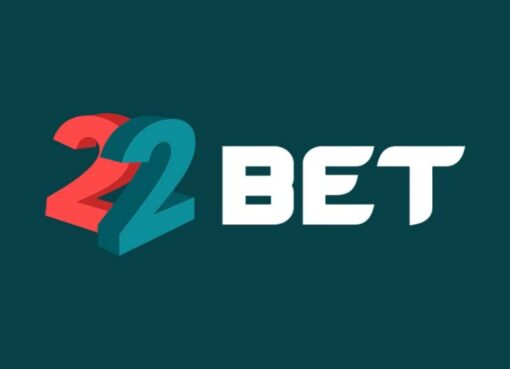Economics of Betting: How Nigerians Are Profiting

In recent years, sports betting has emerged as a popular pastime and a lucrative opportunity for Nigerians seeking to supplement their income. With a growing number of betting platforms like NG, Megapari, 1xbet, Helabet, Betwinner, 22bet, and Melbet available in the country, Nigerians have embraced betting as a means of generating additional income. Let’s delve into the economics of betting and explore how Nigerians are profiting from this phenomenon.
Accessible Entry Barrier
One of the key reasons why Nigerians are turning to sports betting as a source of income is its accessible entry barrier. Unlike traditional investment opportunities that may require significant capital or expertise, sports betting allows individuals to start with small stakes and gradually build their bankroll over time. With betting platforms offering low minimum bet amounts and a wide range of betting options, even those with limited financial resources can participate and potentially profit from betting.
Diverse Betting Options
Another factor contributing to the profitability of sports betting in Nigeria is the diverse range of betting options available. Whether you’re a fan of football, basketball, tennis, or any other sport, you’ll find a multitude of betting markets to choose from on platforms like NG, Megapari, 1xbet, Helabet, Betwinner, 22bet, and Melbet. From traditional pre-match bets to live betting, virtual sports, and more, there are endless opportunities for bettors to explore and capitalize on their knowledge of sports and betting strategies.
Competitive Odds and Payouts
Nigerians are also profiting from sports betting due to the competitive odds and generous payouts offered by betting platforms. Platforms like NG and others strive to provide the best possible odds to attract and retain bettors. By comparing odds across different platforms and betting markets, savvy bettors can identify value bets with favorable odds that offer the potential for higher returns on their investment. Additionally, platforms often offer lucrative bonuses, promotions, and enhanced odds to further incentivize betting activity and reward loyal users.
Supplementary Income Stream
For many Nigerians, sports betting serves as a supplementary income stream that complements their primary source of income. Whether it’s students looking to earn extra pocket money, young professionals seeking to boost their savings, or unemployed individuals seeking alternative sources of income, sports betting offers a flexible and accessible way to earn money on the side. With the ability to bet on sports events from anywhere at any time using mobile betting apps, Nigerians can conveniently integrate betting into their daily lives and capitalize on profitable betting opportunities as they arise.
Risk Management Strategies
While sports betting offers the potential for significant profits, it also carries inherent risks. However, successful bettors employ risk management strategies to mitigate potential losses and maximize their chances of profitability. These strategies may include bankroll management, research and analysis of betting markets and odds, diversification of bets across different sports and events, and disciplined betting behavior. By adopting a disciplined and strategic approach to betting, Nigerians can minimize risks and optimize their chances of long-term profitability.
Conclusion
In conclusion, the economics of sports betting in Nigeria are driven by factors such as accessible entry barriers, diverse betting options, competitive odds and payouts, supplementary income opportunities, and risk management strategies. With the proliferation of betting platforms like NG, Megapari, 1xbet, Helabet, Betwinner, 22bet, and Melbet, Nigerians have embraced sports betting as a viable means of generating additional income and profiting from their knowledge of sports and betting markets. However, it’s essential for bettors to approach betting responsibly and employ sound risk management practices to ensure sustainable profitability over time.


